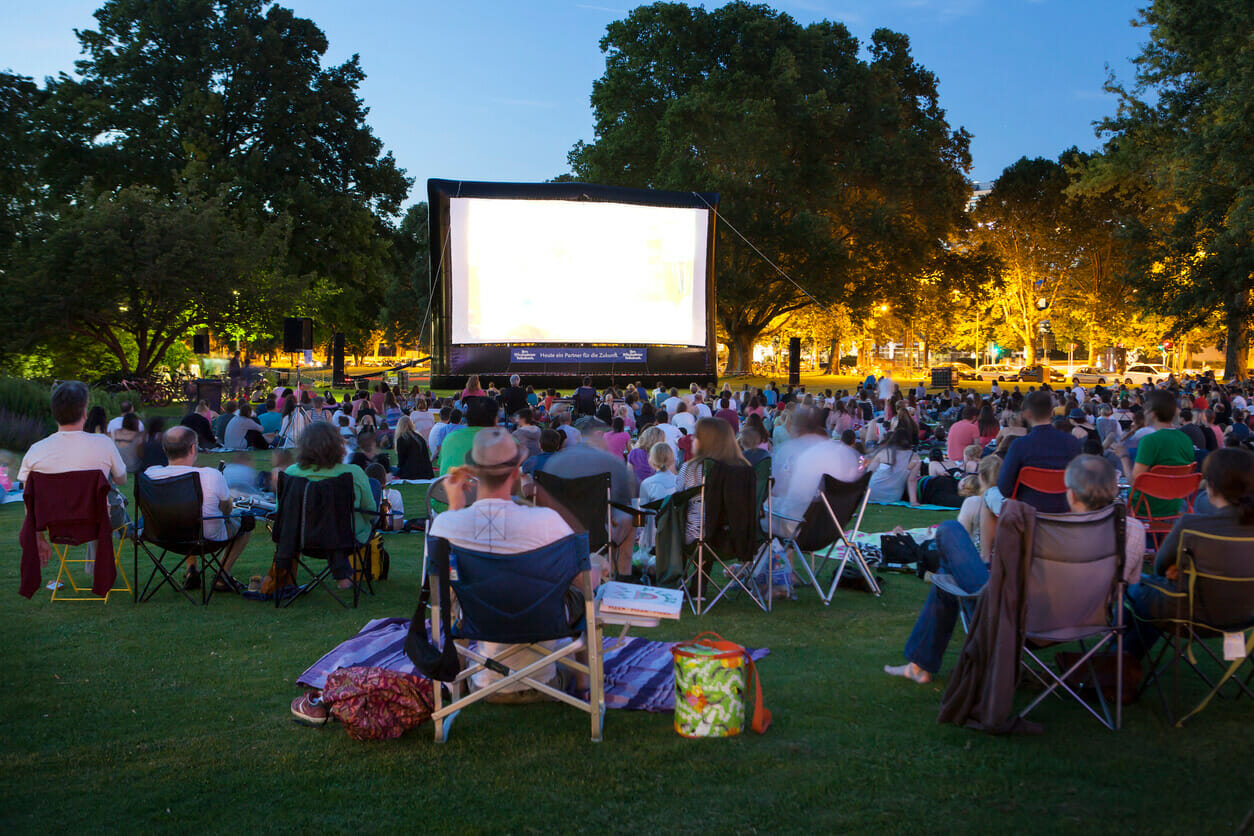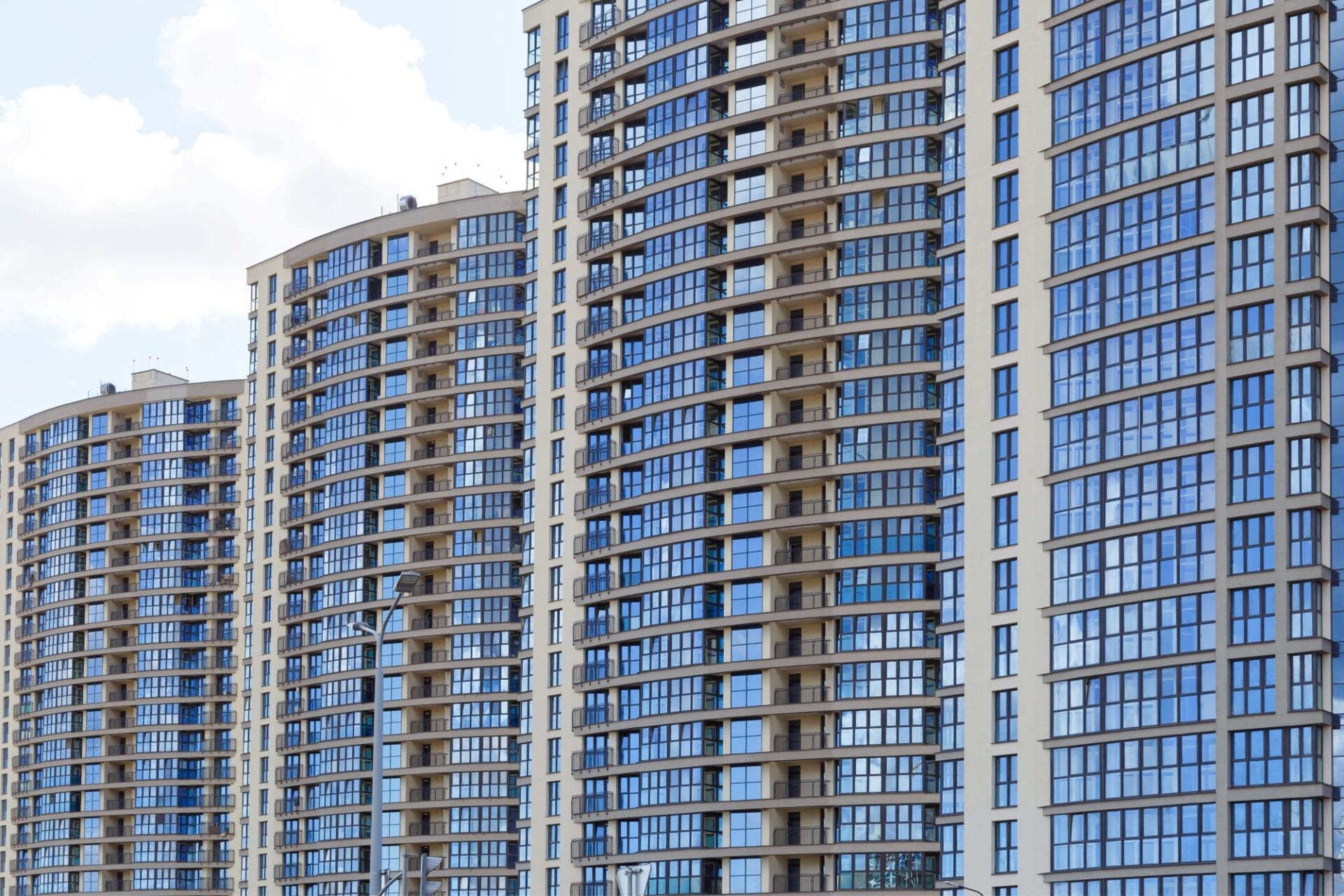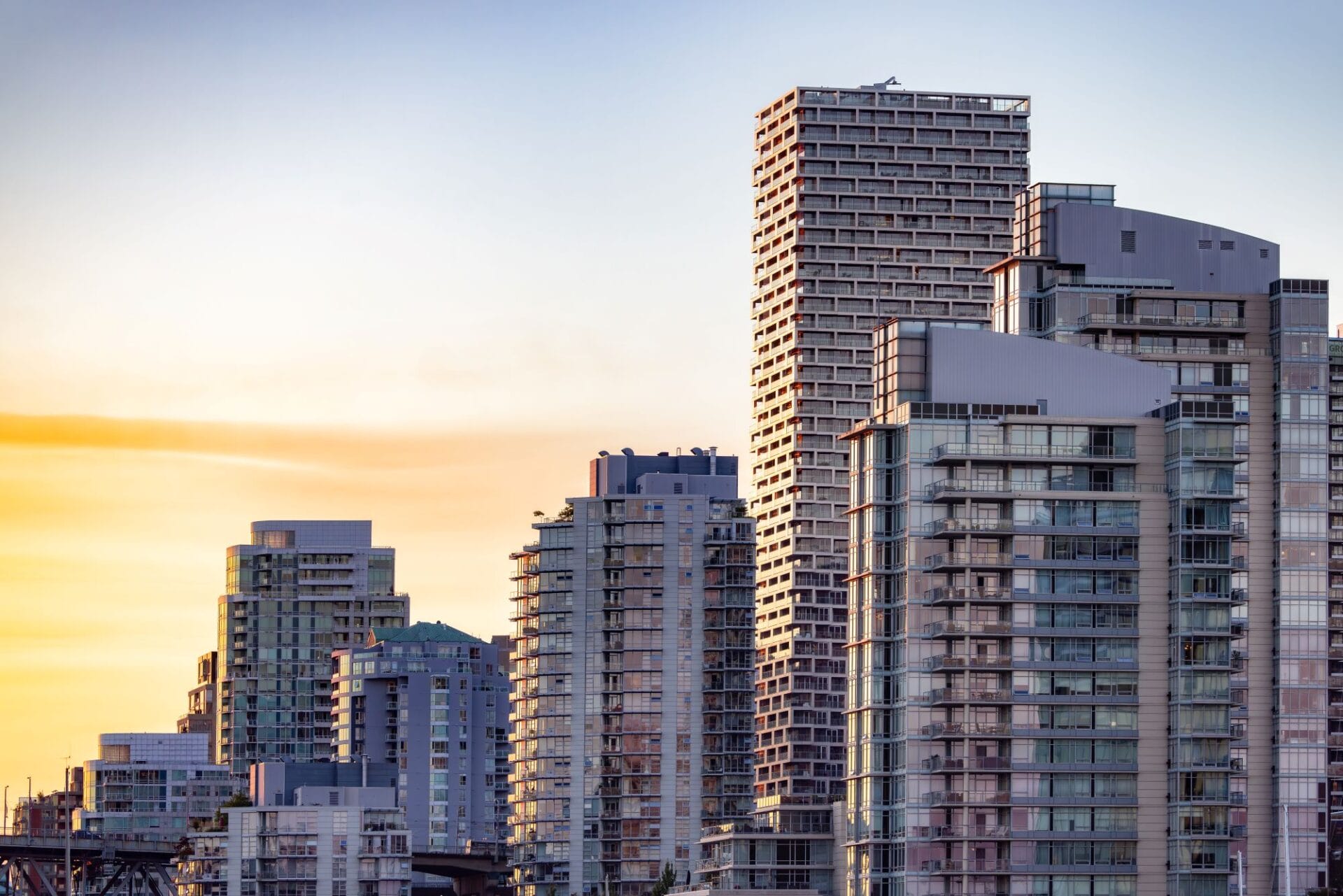Owners probably won’t remember much about last year’s general meeting, but they will share fond memories of the laid-back summer barbeque or competitive karaoke contest.
HOA community events can be a lot of fun for the people who live there, and social functions present opportunities to build stronger community ties. Residents get to know each other better, and interact with board members, too. However, successful events don’t just happen. They take a lot of planning, teamwork, and a little creativity.
Things to know when planning events
- Check governing documents
- Plan the date and time
- Respect the budget
- Consider forming a committee
- Promote the event
- Not every event will be a success
- Confirm with vendors
- It won’t be perfect
- Follow up
If you’ve been tasked with organizing an HOA event, but aren’t much of a party planner, keep reading for tips on how to host a fun and memorable event.
1. Check governing documents for processes and limitations
Before you do anything, always review your governing documents. Find out if there are specific processes for hosting events. Take note of any limitations. If there is association money available for events, there might be restrictions on how it can be spent. For example, some communities might prevent organizers from using HOA money to purchase alcohol.
2. Plan the date, time and location well in advance
Once you have an idea and know that it can be executed without violating any HOA rules, you’ll want to decide on a location, date and time as soon as possible. This is to ensure residents can make the necessary arrangements to attend, and so the venue/equipment you need is still available to book.
Events don’t need to be on site, but it’s often easier for everyone when they are hosted on HOA grounds.
Whatever the venue is, the space must safely accommodate the number of guests you are expecting. Other considerations include electrical needs, restrooms, parking, and security personnel.
Check your insurance policy as well to see if it will cover outside events, or if you will need supplemental coverage to protect the association should there be an accident or injury.
3. Respect the budget
Some HOAs put away money for community events. Others require the social committee to fundraise for these events.
Either way, you must know what is available to spend and plan out costs well in advance. After all, you don’t want to get residents excited about something only to have to cancel the event because it was outside of the budget.
Consider reaching out to owners or local businesses that would be willing to donate items or provide services at a discounted rate.
If you’re new to event planning, the costs may surprise you at first (which is why you need to start planning and getting quotes as soon as you can). Here’s an example of how much it costs an HOA to host a movie night.
These events have proven to be very popular since they are low-pressure activities, and enjoyable for all HOA members. But there are costs for equipment and listening rights, advertising and more. Note that the prices listed below are estimates.
- Outdoor movie screen rental – $1000 (discounts are available if you book multiple dates in a year)
- Popcorn machine – $300
- Movie licensing – $350 or more, depending on how new the movie is
- Posters and flyers – $80
Total – $1,730
It’s not an exuberant cost, but perhaps more than one would expect to pay to show an old movie.
4. Consider forming a committee
Some HOAs already have a committee for event planning. If your community does not have one, it may be worth considering. A designated social committee ensures that there are enough people available to accomplish everything that needs to be completed before, during, and after events. Those that volunteer for the committee are likely strong event planners, and enjoy doing this work.
Each member will have tasks that they need to complete by certain times. Someone might be in charge of getting quotes, another will look after venue setup/takedown, and someone else will spearhead advertising and attendance.
Committee members will need to meet with the board or HOA manager to provide updates, raise concerns and report results after an event has ended.
5. Promote the event
This is an important part of the process. People have to know about the event in order to attend. Make sure they have all the information they need to participate, including when the event is happening, where it is taking place, and what they need to bring/prepare for.
You can create posters, flyers, or invitations and send them out electronically as well as have physical copies posted in common areas

Condo Control’s Events feature makes it easy for organizers to promote events. In addition to creating digital invitations, admins can attach artwork or other files. Hosts have the option to send out automatic reminders to attendees as well so that they don’t forget about the party or activity.
If the community has a website or social media group, post the event there, too.
Start promoting early; send out a save-the-date notice 6 to 8 weeks in advance, and ramp up promotions as you get closer to the event date.
6. Not every event will be a success
Unfortunately, some events will have a low turnout. That may be because the activity did not align with community interests, it was a busy time of year, or owners did not get the information they needed to participate. Either way, don’t be discouraged if you don’t get the turnout you expected.
If you and your team are having trouble coming up with ideas that fall within your budget, you can always ask owners for their input. Or, charge a small entrance fee to attendees so that you can afford to do something more elaborate.
These ideas have worked for some communities:
- Garage sales
- Summer BBQ
- Card tournament
- Outdoor movie night
- Fall festival
- Trivia club
- Instructor-led yoga classes
- Soccer tournament
- Community garden projects
- Karaoke contests
- Bingo nights
7. Confirm dates and times with vendors
It never hurts to confirm dates and times with vendors. Mistakes happen, but good communication can reduce misunderstandings or accidents. Schedule them to come in early so that they have adequate time to set up.
8. Something will go wrong
Like any event, it’s nearly impossible for everything to go according to plan. Do your best to anticipate problems, and if something unexpected does occur, know that it’s okay. Do what you can to resolve the problem, and ask for help if you need it.
9. Don’t forget to follow up
The hard part is over, but the work isn’t quite done. Organizers can learn a lot about what everyone liked about the event, and what could be improved. Online surveys are easy to make, and you can get honest feedback from owners.
Send thank you notes to your vendors, volunteers, donors, and anyone else who helped to make the event a success. You may need their help again, and they will be more inclined to get involved if they feel valued.
A note about alcohol
Alcohol is an enjoyable element of parties, but it can also cause problems. When trying to decide if it is reasonable to serve alcohol at a community event, check with your HOA’s insurance first to make sure that you’ll be protected if an attendee becomes intoxicated. If you do serve drinks, consider limiting them to two per person.























